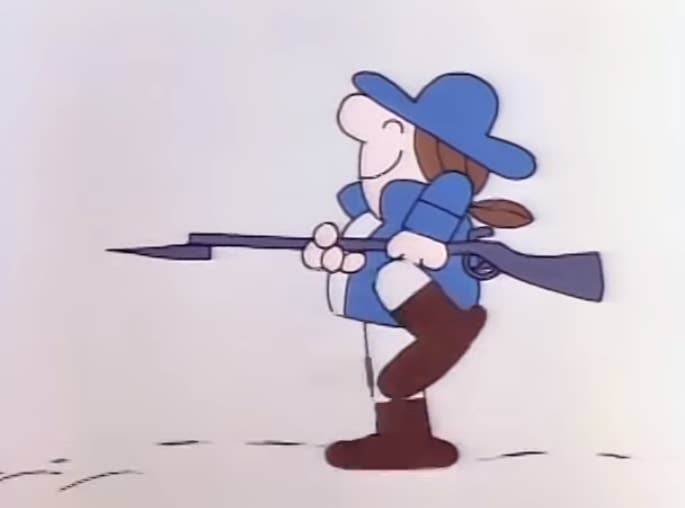Modern Warfare dev compares game's "awareness building" to Schoolhouse Rock
Narrative director responds to criticism about 'Highway of Death' mission: "This is not some kind of propaganda"
Call of Duty: Modern Warfare narrative director Taylor Kurosaki has said that Call of Duty: Modern Warfare is making a "tremendous statement" by depicting the chaos of modern warfare, similar to how (in his words) the Saturday morning cartoon series Schoolhouse Rock used to educate American children about the country's government and history.
In an in-depth interview with GameSpot, Kurosaki responded to questions about many of the game's controversial incidents by emphasizing the importance of educating players about similar, real-world events.
"For us to educate, to enlighten this player base about people like [main character Farah], and again there are millions of people put in her position, I think is bringing awareness to something that's sort of outside of the understanding of a lot of people," he said when asked if the team had a responsibility to "say something" about topics related to war and conflict. "If it encourages them to look more things up or do more research, or again, build empathy with people whose backgrounds, cultures, and ways of life are dissimilar to their own, I think that's a good thing."
He was then asked in a follow-up question if the team had a responsibility to note when its fictional, in-game events are based on real-world ones, mentioning criticism recently levied at Modern Warfare for basing an in-game massacre, called the "Highway of Death," on a real-world event of the same name -- but swapping the nationality of its perpetrators.
"I think you could probably find many instances of the words 'highway of death' being used in a lot of cases," Kurosaki answered. "The reason why Urzikstan is a fictional country is because we are taking themes that we see played over and over again in the last 50 years in countries and locations all around the world. We're not making assimilation of one particular country or one in particular conflict. These are themes that play out over and over again with a lot of the same players involved. We don't portray any one side as good or bad in our game.
"...This is not some kind of propaganda or anything like that. This is reporting on what is happening in these conflict zones. To really break it down, these conflicts in the world today, these are proxy wars, superpowers trying to gain influence in specific places. And the biggest victims of these proxy wars are the local people on the ground.
"I think that when you finish the campaign and look at it in its totality, that's really what we're trying to say here. I think that for people who are from a more privileged background or don't live in close proximity to these conflict zones, they don't think about the cost or the locals in these areas.
"I think that this is a thing that we're really building awareness for. When I was a kid, I learned a lot about stuff through things like Schoolhouse Rock, you know what I mean? I was singing songs and I was learning about real-world things, but in an entertaining fashion. And so I think that for people today, if we learn about some of these things, even while we're engaged in an interactive experience, I think that it's still valuable."
Call of Duty: Modern Warfare is already seeing a commercially successful launch and a largely positive critical response, though the events referred to in GameSpot's interview (including an interactive waterboarding torture scene, the ability to shoot innocent people including children, and the reworking of actual historical events for the game's fictional plot) invoked reactions ranging from mild discomfort to outright disgust in most reviewers.

